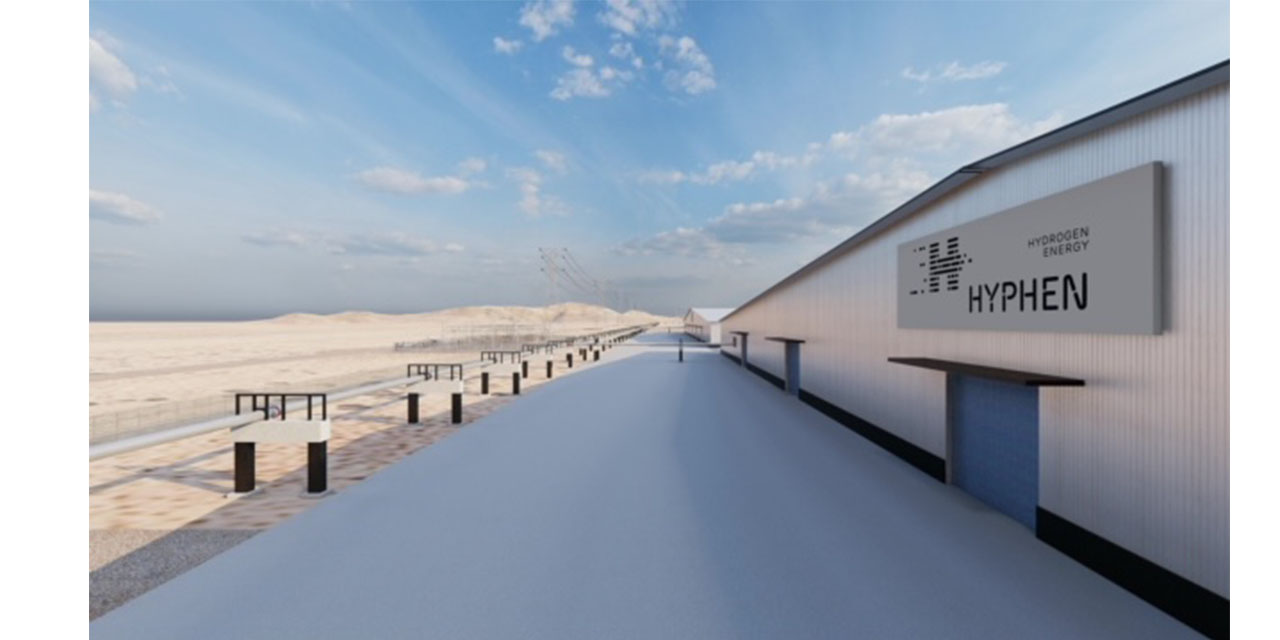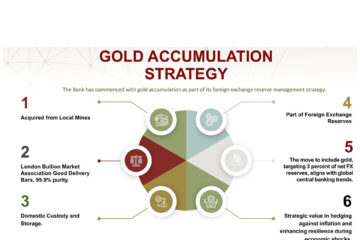Martin Endjala
As part of the landmark N$180 billion green hydrogen project deal, the Government of the Republic of Namibia (GRN) and Hyphen Hydrogen Energy on Monday launched a socio-economic development framework (SED Framework) in the //Kharas Region.
The SED Framework is an integral part of the Feasibility and Implementation Agreement (FIA) which demonstrates the GRN’s commitment to incorporating socio-economic development targets for green hydrogen developers in the implementation of Namibia’s green hydrogen strategy.
Hyphen’s Head of Environment, Social and Governance (ESG), Toni Beukes, said that in partnership with central, regional, and local governments they aim to co-create solutions with local communities as they develop a road map for the delivery of a comprehensive socio-economic development strategy.
“It’s our ambition that this project and the manner of setting socio-economic commitments for the project will set a new global benchmark for the sustainable and equitable development of large-scale green hydrogen projects that puts inclusive economics and robust environmental sustainability at its heart. We would like to extend our humble thanks and appreciation to the government as our partners in this project and look forward to getting to work,” Beukes said.
Hyphen estimates that the project will create up to 15 000 new jobs during the construction phase and 3 000 permanent jobs during its operation on completion of both phases, with the target for 90 percent of these jobs to be filled by Namibians with 20 percent specifically targeted for youth.
It is estimated that the project will have 30 percent local procurement of goods, services and materials during the construction and operational phases.
The SED Framework includes a robust process by which Hyphen will validate these estimates through comprehensive baseline studies conducted during the feasibility phase, with the government undertaking its own baseline studies in parallel.
Hyphen will undertake various initiatives to drive effective stakeholder engagement throughout the development phase.
Under a strict governance framework, the government will agree on the final contractual delivery obligations of Hyphen in respect of its socio-economic development commitments in the delivery of the project, including appropriate sanctions in the event of non-performance.
The SED Framework serves to promote the socio-economic well-being of Namibia, creating jobs, empowering local communities, fostering economic growth and nurturing a sustainable future for all.
Meanwhile, the Chairman of the Namibian Green Hydrogen Council and Director General of the National Planning Commission, Obeth Kandjoze, said that their mission as the GHC is to ensure that Namibia’s world-class renewable resources are deployed in an equitable manner that leads to the uplift of the Namibian people.
He said that the Framework announced will ensure that the government, Hyphen and the Namibian people all have a say in their shared future prosperity as they move forward to capture the benefits of the global decarbonisation effort.
In the same vein, the Green Hydrogen Commissioner and Economic Presidential Advisor James Mnyupe, emphasised that the socio-economic growth and development that green hydrogen could bring to Namibia is monumental.
“The hydrogen projects will anchor the construction of thousands of houses, new roads, port facilities, electricity transmission lines, pipelines, desalination plants, and hospitals, amongst many other necessary infrastructures, making use of existing Namibian skill sets and service providers, “said Mnyupe.
In addition to this, local SMEs are said to benefit from multibillion-dollar contracts that could provide opportunities to create generational wealth and sustainable businesses given that some of the green hydrogen projects being contemplated in Namibia are seeking to explore the unlimited renewable energy for multiple decades.
The Chief of the Blouwes Traditional Authority and Chairperson of the Southern Traditional Community Foundation Gertze, noted that the message is clear this is a Namibian project that could bring many benefits to the people.
“As a community, we now need to organise ourselves and ensure we are ready to take full advantage of this transformational project.”
The SED Framework reflects Hyphen’s commitment to maximizing Namibian participation in the project. It sets out the process to agree on the project’s targets in respect of employment, local procurement, skills development and enterprise and supplier development, the combined breadth of which has not previously been part of infrastructure or natural resource agreements concluded by the government.




